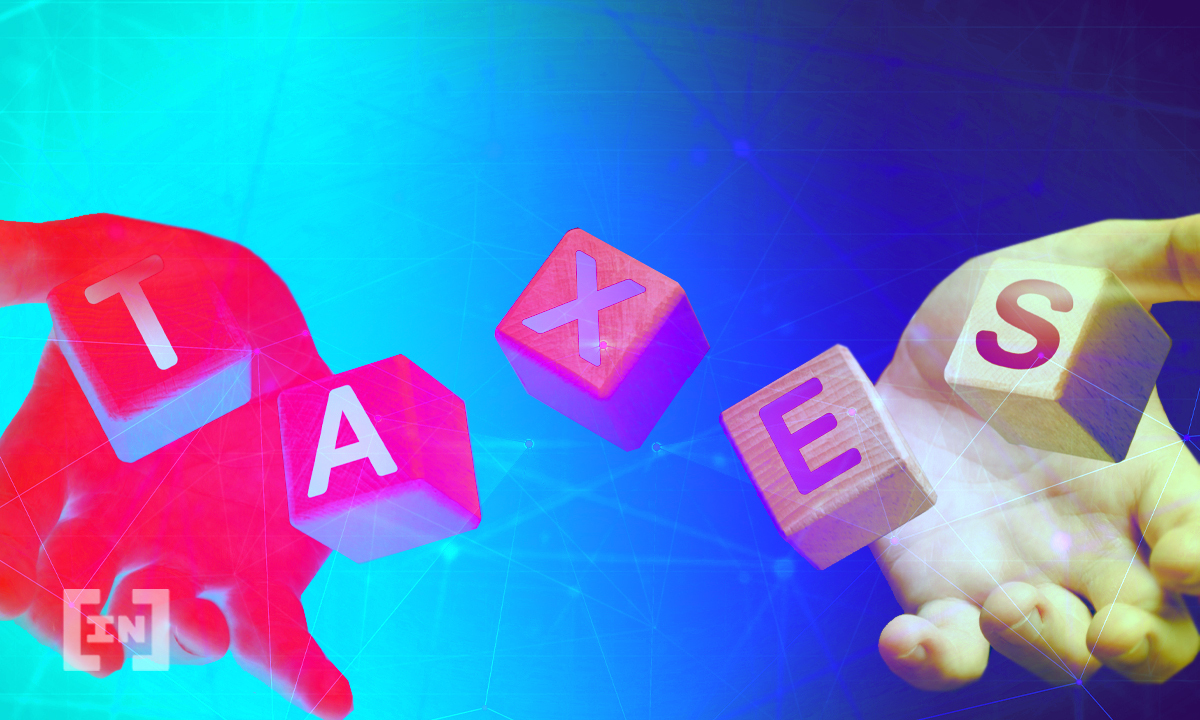

The United States Internal Revenue Service has made a revision to a crypto question in the 1040 tax form. The revision is a minor set, aimed at dispelling any confusion that might arise from the wording.
The United States Internal Revenue Service has revised and finalized the 1040 tax form with new crypto-related questions. The tax department has been working on cryptocurrency taxation rules for quite a long time and has previously modified the tax form in the past.
Crypto tax inquiry
The new revision is a minor one to the crypto question. It currently reads,
At any time during 2021, did you receive, sell, exchange, or otherwise dispose of any financial interest in any virtual currency?
In previous years, the question asked if taxpayers received, sold, or acquired a financial interest in virtual currencies. The wording caused confusion, as individuals were unsure if holding crypto qualified as transacting in crypto. The IRS updated the wording in Jul. 2021 to address the issue.
Earlier this year, news broke that President Joe Biden’s infrastructure bill would be partly funded by taxation on the crypto market. This has led to new scrutiny and rules surrounding the crypto market. At the same time, other U.S. government departments are also working on regulating various facets of the market.
The IRS has sought $32 million to help its efforts to enforce taxation on the crypto market. A month prior, it revealed its plan to seize crypto held by those dodging their tax payments. It has also been working with TaxBit to ensure that traders are reporting their taxes correctly.
Infrastructure bills also calls for reporting through Form 1099 and Form 8300
The IRS’ revision of the 1040 tax form is not the only news making the rounds. The aforementioned infrastructure bill requires cryptocurrency exchanges and custodians to file the IRS Form 1099 and certain persons or businesses who accept large payments in crypto to file Form 8300.
Furthermore, from 2023, exchanges will have to collect taxpayer identifying information from customers so that they can issue Form 1099. The infrastructure bill also classifies exchanges as brokers, which means they will be treated like traditional brokerage houses as far as taxes are concerned.
All of this is a bid to regulate the crypto market. The U.S. government, as well as those around the world, have been ramping up its efforts to police the market.
Disclaimer
All the information contained on our website is published in good faith and for general information purposes only. Any action the reader takes upon the information found on our website is strictly at their own risk.

Leave a Reply